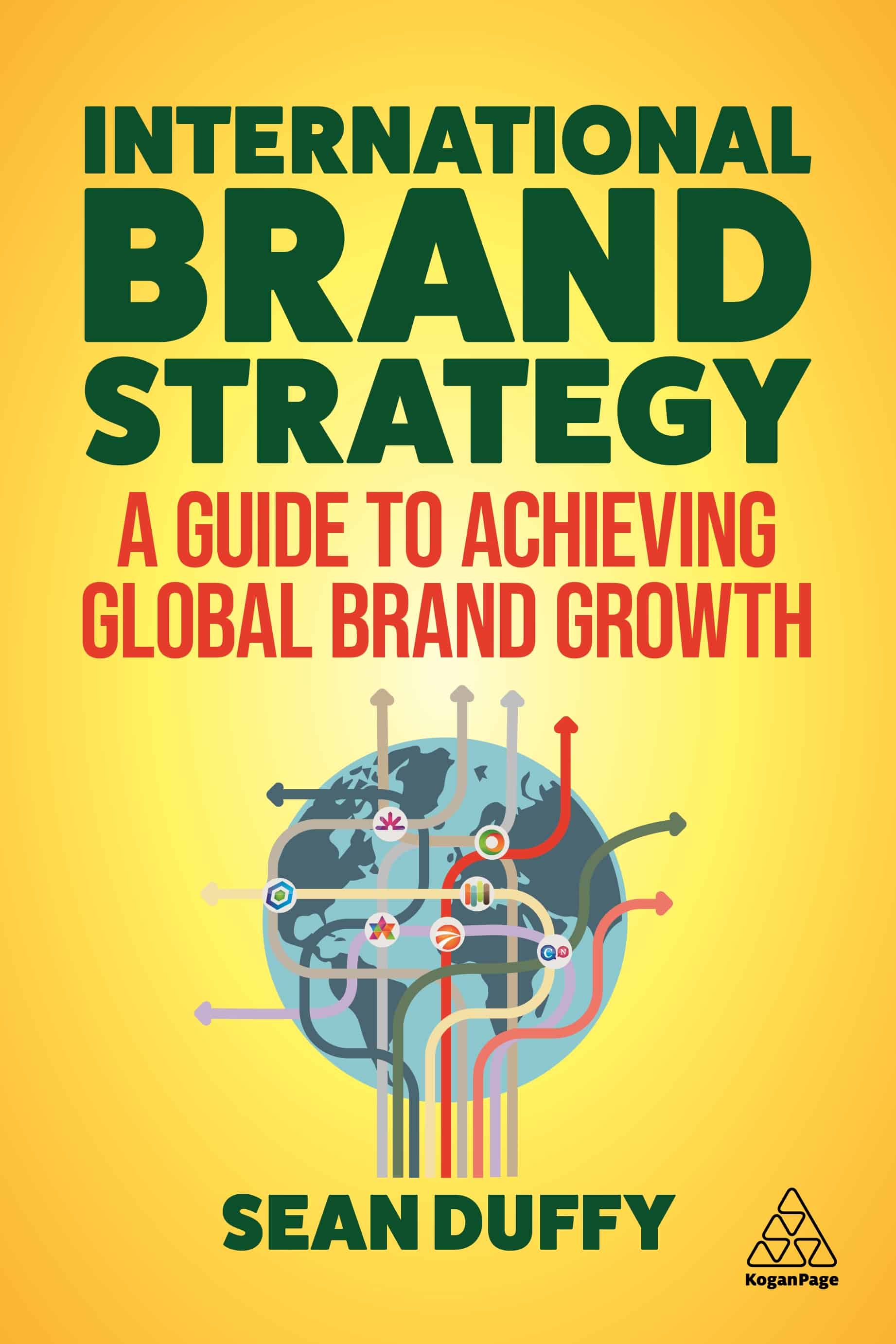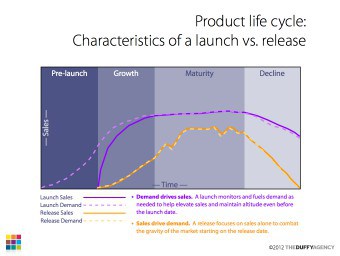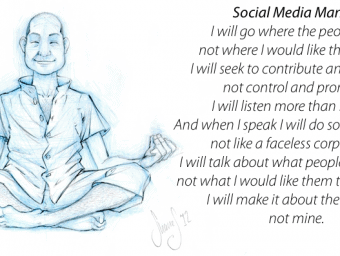The real reason marketers should fear social media
LOSING CONTROL OF THE MESSAGE? — YOU CAN'T LOSE WHAT YOU DON'T HAVE When I speak to marketing executives or read posts about traditio...
12 May 2008 2452 ViewsLOSING CONTROL OF THE MESSAGE? — YOU CAN’T LOSE WHAT YOU DON’T HAVE
When I speak to marketing executives or read posts about traditional marketers embracing social media I notice a common theme: the fear of “losing control”. I don’t get it.
True, there was a time when the advertiser controlled the message and maybe even perceptions. Those were the days when communication was one-way. The only way to speak to millions at once was by spending millions in mass media like TV, radio and newspapers. The average consumer could disagree with the message but without an industrial-sized media budget their views remained localized and rarely gained critical mass. So I guess you could call that “control” (in hindsight, “tyranny” seems a more apt descriptor).
But get over it! Throughout most of North America and Europe that control was lost at least a decade ago when the internet became as mainstream as Britney Spears. And the rest of the world is catching up fast.
Since the mid to late 90’s there has been a way for the average person to talk back. Moreover, there have been blogs, forums and communities where they could share and amplify their views. If they seemed reasonable they could even achieve enough volume to be heard and to persuade millions. This power of the people has grown considerably over the past 10 years with the advent of many more social media platforms.
 The US lock company Kryptonite received a poignant lesson in the power of the people back in September of 2004. That’s when Chris Brennan took issue with their claim of having the toughest lock. Chris made a brief, anonymous post to an internet forum for bike enthusiasts describing how tubular-pin tumbler locks like the famed Kryptonite bike lock could be opened with a Bic Pen. The story was picked up by the popular blog Engadget and spread like wildfire. Soon there was a viral video demonstrating the claim. In the end, Kryptonite had to replace over 350,000 locks globally at a cost of over US$10 million. But what I’ve always found to be most interesting is that the story was actually first published in several prestigious UK biking magazines and was even featured on a BBC TV program without the news ever leaking across to the US. Twelve years later, one anonymous forum post had more impact than a series of stories in the UK mass media by respected journalists.
The US lock company Kryptonite received a poignant lesson in the power of the people back in September of 2004. That’s when Chris Brennan took issue with their claim of having the toughest lock. Chris made a brief, anonymous post to an internet forum for bike enthusiasts describing how tubular-pin tumbler locks like the famed Kryptonite bike lock could be opened with a Bic Pen. The story was picked up by the popular blog Engadget and spread like wildfire. Soon there was a viral video demonstrating the claim. In the end, Kryptonite had to replace over 350,000 locks globally at a cost of over US$10 million. But what I’ve always found to be most interesting is that the story was actually first published in several prestigious UK biking magazines and was even featured on a BBC TV program without the news ever leaking across to the US. Twelve years later, one anonymous forum post had more impact than a series of stories in the UK mass media by respected journalists.
So, I would argue that marketers are fretting over losing something that was taken from them years ago. And that being the case, they should be afraid. Because their misplaced fear of losing control is blinding them to threats that are much more worthy of their anxiety. Five come to mind right away:
1. Genuine Control. The conversation will happen with or without your participation and it can have greater reach and impact that you might imagine. If you are not part of it, then you really have no control of communication around your brand. Engage the conversation honestly and you stand a good chance at creating some good will. And in cases where your participation can’t win over fans for your brand – at least you’ll know what the problem is.
2. Learning curve. The longer you wait to join the conversation the harder it will be to catch up when you do decide. Get in early (yes, its still early days) and start honing your social media skills now. This is particularly true for brands who are positioned as leaders and/or innovators in their category.
3. Competition. You’re non-engagement strategy provides a huge opportunity to your competitors. As you stand by the sidelines of social media you had better hope all your competitors do the same. Because if they join the conversation in your absence, they will be the ones that help shape the world’s perception of your brand. Talk about losing control.
4. Fading opportunity. There are many product categories where the main players are absent from the social media scene. If this is the case in your category, then imagine the impact you can make now. By default you will have demonstrated deeper engagement and transparency than your competitors and appear more in-step with changing times.
5. Tomorrow’s customer. Some marketing executives say they market to adults and they maintain that social media is really a youth phenomenon. “And your point is?” I ask. Because it has been a youth phenomenon for a decade. That means many of those youths are now adults and there are millions more young people crossing the line into adulthood every day — and their bringing their online habits with them.
Like this post? You'll find more marketing insights in my new book: International Brand Strategy: A guide to achieving global brand growth, now available from booksellers globally. Order your copy here.
Speaker, consultant & founder of Duffy Agency, the flipped digital agency that provides accelerated growth to aspiring international brands.





